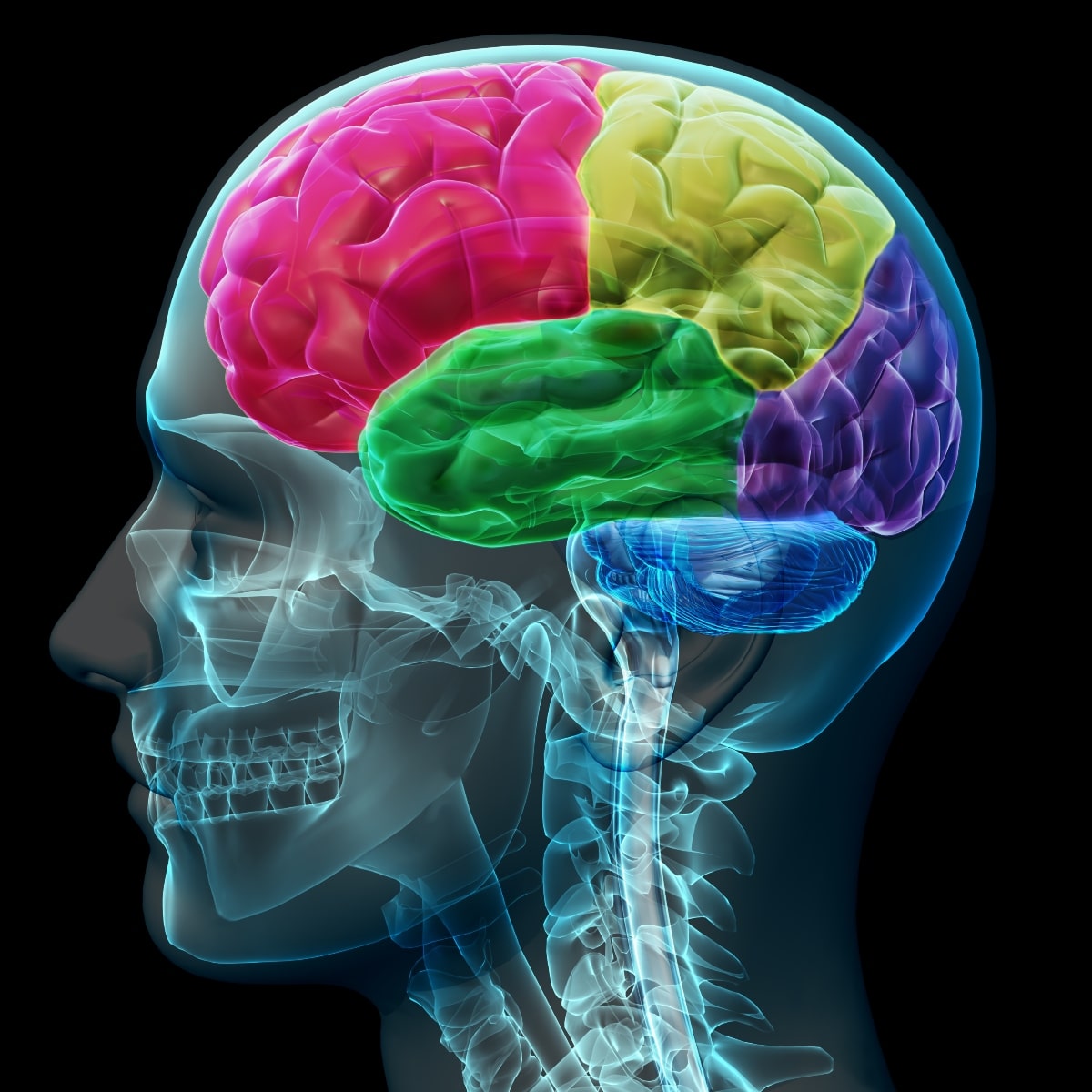Exploring & Understanding the Four Types of Borderline Personality Disorder
- Updated:
Borderline Personality Disorder (BPD) is a multifaceted mental health disorder that affects 1-3% of the population. This mental health condition is marked by unstable emotions, a shifting self-image, and tumultuous interpersonal relationships. Symptoms encompass mood swings, a deep-seated fear of abandonment, and impulsive behaviors. The roots of BPD are believed to stem from a fusion of genetic, environmental, and social factors.
BPD branches out into four distinct subtypes: discouraged borderline, impulsive borderline, petulant borderline, and self-destructive borderline. Every subtype possesses unique traits, and it’s pivotal to understand that those diagnosed with BPD might display characteristics from several subtypes, or they may not align precisely with any singular subtype category.
At Acera Mental Health, our adept team of mental health professionals specializes in delivering tailored, evidence-based care to individuals grappling with borderline personality disorder and its many subtypes. Recognizing the intricate nature of this mental health condition, we’re committed to aiding our patients in navigating their symptoms to elevate their quality of life.

Recognizing the Signs and Symptoms of BPD
BPD, being a complex mental health disorder, can drastically alter an individual’s daily life. Recognizing the prevalent signs and symptoms linked to BPD is vital for early intervention and the appropriate therapy.
Common indicators and symptoms of BPD encompass:
- Intense mood swings
- Fluctuating self-image
- Impulsive and risky behaviors
- Profound fear of abandonment
- Unstable interpersonal relationships
- Chronic feelings of emptiness and lack of identity
- Challenges in controlling intense emotions and anger
- Tendencies towards self-harm or entertaining suicidal thoughts
- Sensations of being disconnected or experiencing paranoid ideation
Individuals diagnosed with BPD may traverse a broad spectrum of symptoms that can deeply impact their overall well-being. The defining symptom of BPD remains intense mood swings, causing significant hurdles in emotional and behavioral regulation. Episodes of heightened instability are frequently termed as BPD episodes.
Many with BPD often resort to impulsive and risky behaviors as coping mechanisms for overpowering emotions and the evasion of chronic feelings of emptiness. Substance abuse frequently emerges as a coping tactic, with an alarming 78% of adults with BPD also contending with a substance-related disorder or addiction.
Moreover, tendencies like self-harm, suicidal thoughts, and feelings of detachment or experiencing paranoid thoughts necessitate prompt intervention due to the imminent risks they pose to the individual’s safety. With dedicated care and a supportive environment, those with BPD can harness techniques to manage their symptoms and enhance their life quality.
If the symptoms mentioned resonate with your experiences, we recommend our BPD self-test. This could be the initial step towards determining whether a formal diagnosis from a mental health professional might be instrumental for you or someone you care about.
The Four Subtypes of BPD
There exist four acknowledged subtypes of Borderline Personality Disorder (BPD), each bearing its distinct characteristics and coping methodologies. Gaining insight into these subtypes can arm both individuals grappling with BPD and their well-wishers with the tools to more effectively manage this mental health condition.
Discouraged Borderline
Individuals with discouraged BPD consistently harbor an intense longing for reassurance and might grapple with pervasive feelings of worthlessness and dependency. Such feelings often translate into doubts about their self-worth, coupled with self-criticism. A dominant trait among discouraged borderline individuals is their overwhelming fear of abandonment, making them excessively reliant on others for emotional support.
Often, they may sideline their own needs and find setting boundaries a challenging endeavor. This can impede the formation of healthy interpersonal relationships. Chronic feelings of emptiness can plague them, leading them to resort to impulsive behaviors as a coping mechanism for their intense emotions.
Impulsive Borderline
The impulsive borderline personality disorder is typified by unbridled impulsive behaviors and diminished self-control. This could manifest as substance abuse, binge eating, reckless driving, or a penchant for risky engagements. These behavioral tendencies often serve as escape routes from overwhelming emotions but can invariably compound their problems.
Apart from these impulsive tendencies, individuals with this subtype might wrestle with intense mood swings, making emotional regulation a daunting task. Such mood fluctuations can strain interpersonal relationships, rendering it difficult for others to comprehend or resonate with their emotional dynamics.
Petulant Borderline
Petulant BPD is earmarked by irritability, pronounced anger, and an acute sensitivity to feelings of rejection. Such individuals might react vehemently to criticism or minor disruptions, leading to emotional outbursts, which could range from vociferous confrontations to physically expressive reactions.
A significant finding reveals that childhood trauma, encompassing experiences of abuse and neglect, is prevalent in roughly 60% of individuals with BPD. This trauma might be instrumental in the genesis of the petulant subtype. Addressing and therapeutic intervention for such traumas can be paramount in managing the myriad symptoms intertwined with petulant BPD. This includes emotional volatility, heightened sensitivity to criticism, and challenges in nurturing healthy relationships.
Self-Destructive Borderline
Self-destructive borderline personality disorder is characterized by a consistent pattern of behaviors that are detrimental on physical, emotional, or social fronts. Those with this subtype might resort to self-harm, such as self-inflicted injuries, to cope with their overpowering emotions or to reclaim a semblance of control over their existence. Suicidal thoughts and tendencies might also be prevalent.
Behaviors exhibited by individuals with self-destructive borderline personality disorder can range from self-harm and suicidal ideation to actions that sabotage their well-being, such as substance abuse, dangerous driving habits, and engagements in precarious situations. Often, these behaviors arise from a deep-seated sense of emptiness and a yearning for attention or validation. Additionally, individuals with this subtype frequently experience borderline personality disorder dissociation, where they feel disconnected from their thoughts, feelings, or sense of identity. This dissociation can exacerbate their self-destructive tendencies, making it more challenging to maintain stability and seek help.
Understanding and addressing the dissociative aspects of borderline personality disorder is crucial for providing effective treatment and support for those struggling with self-destructive behaviors.
See Why People Love Us
Find Treatment for BPD at Acera Mental Health
Understanding the intricacies of the four subtypes of Borderline Personality Disorder (BPD) can shed light on the distinct challenges confronting individuals with this multifaceted mental health disorder. Acknowledging the specific traits and coping mechanisms inherent to each subtype can empower both those grappling with BPD and their well-wishers to more proficiently manage this condition and tread the path to recovery. It’s paramount for anyone battling with BPD to seek out professional assistance and appropriate treatment.
Should you wish to delve deeper into the causes of BPD, we invite you to peruse our informative article, elucidating the potential reasons this mental health condition manifests in particular individuals.
At Acera Health, we are fervently committed to assisting individuals confronting borderline personality disorder, guiding them in overcoming their distinct challenges and steering them towards recovery. With our emphasis on delivering personalized, evidence-based care specifically tailored to each BPD subtype, we are on a mission to enhance the quality of life for those affected by this intricate mental health disorder.
Share:
Related Resources

What is Discouraged BPD Exactly?
Borderline personality disorder (BPD) is an illness that can affect any person from any background. According to a study, the prevalence of borderline personality disorder

Impulsive BPD – What You Need to Know
Borderline Personality Disorder (BPD) is a severe mental health disorder where the person displays consistent instability in their self-image and interpersonal relationships. This condition is

Petulant BPD – What is It?
Petulant borderline personality disorder, often referred to simply as petulant BPD, is a form of mental illness characterized by erratic mood swings, impulsive behaviors, and
Borderline Personality Disorder: Self-Test
Borderline Personality Disorder: Self-Test Table of Contents If you believe you might have borderline personality disorder, this self-test can help to determine whether you should




